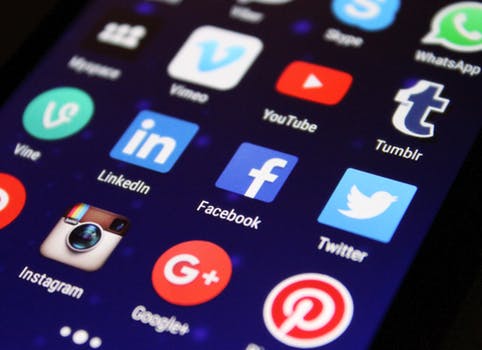Your brain probably needs to go on an information diet
Let's
talk about diet.
No, I'm
not going to lecture you on your food choices this week. This blog
entry is designed to make everybody feel a little crummy (I mean enlightened),
regardless of the contents of your fridge.
This is a
story about what you're feeding to your brain--your information diet, if you
will. In The Information Diet: a case for conscious consumption, Clay
Johnson likens the explosion of information technoligies to the
industrialization of the food business.
“Just as
food companies learned that if they want to sell a lot of cheap calories, they
should pack them with salt, fat, and sugar — the stuff that people crave —
media companies learned that affirmation sells a lot better than information.
Who wants to hear the truth when they can hear that they’re right?” In other
words, we consume at the mercy of our confirmation bias.
Johnson’s
premise is that, despite the hype, we don’t suffer from information
overload. Our consumption decisions are built around habit and
availability. Many of us find ourselves in situations where we're drawn to junk
food--or, following Johnson’ metaphor, junk information.
Our eyes
and ears are gobbling information from the time that we wake up until we
fall into bed, dazed and overwhelmed. We crave a steady diet of
tweets, emails, videos, web sites, magazines, blogs, (yikes!) and
television programs of every shape and size without stopping to evaluate
the mental value delivered to our astonishing-yet-finite processing center
known as the brain. Your brain's 60 watts of power were never designed
for this.
Johnson’s
advocacy is to think about information in the same way you might consider
lunch. You know a salad is much healthier than the fries that are
whispering your name, and so you must overcome the temptation and become more
selective. Meditation has been shown to ‘defrag’ the brain from the random
information bits it’s flooded with every day.
You can
help yourself even more by being thoughtful and intentional with your
information consumption in the first place. Is it really important to know what
Ashton Kutcher had for breakfast? That reality show about people
that run into each other with heavy industrial equipment (I made that up, I
hope) is the equivalent to your overworked brain on a Twinkie sundae. Simply
step away from the remote and recognize that Billy Bob’s giant tractor victory
doesn’t really impact your life in a meaningful way.
There was
a brief time in history, prior to the printing press, where a learned person
could have theoretically availed himself or herself of virtually all the
written text in the world. That day has long passed from our rearview
mirrors. We have moved beyond the quest for practical and applicable
information into a land of gluttony where it increasingly becomes more
difficult to separate the signal from the noise.
Johnson
points out that since you can’t escape the flood of information deluging you
every day, taking a second and evaluating before you begin to mentally chow
down is a far healthier and more productive way to live your life. Of
course he’s right, but putting yourself on any kind of diet, let alone an
information diet, is easier said than done, which is why, sadly,
electronic billboards and the producers who brought us Honey Boo Boo aren’t
going away anytime soon.
Maybe
somebody should invent the equivalent of a calorie counter, a sort of
frivolity-meter, so we could track our junk information intake. In the
meantime, can someone please pass me a mental toothpick?
Check out Robb’s new book and more
content at www.bestmindframe.com.




Comments
Post a Comment